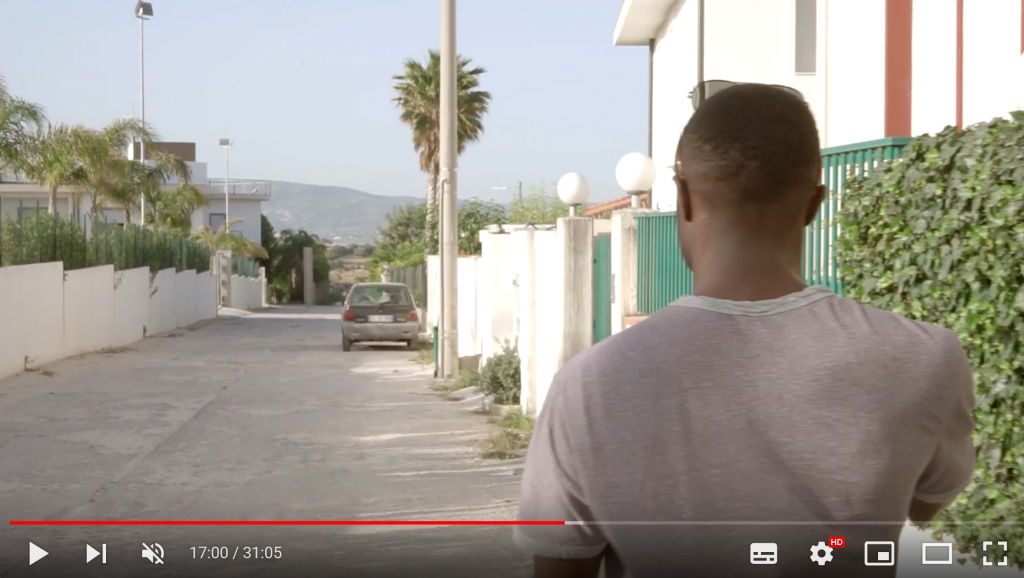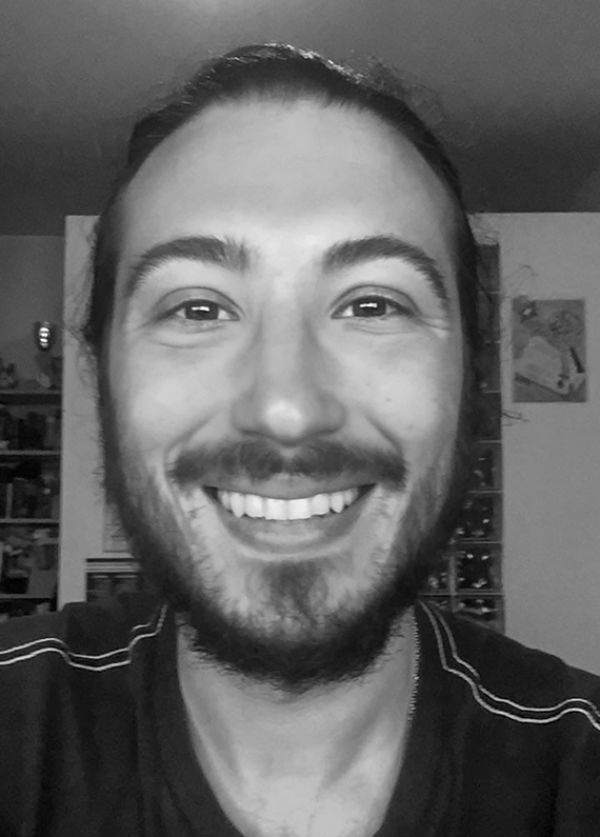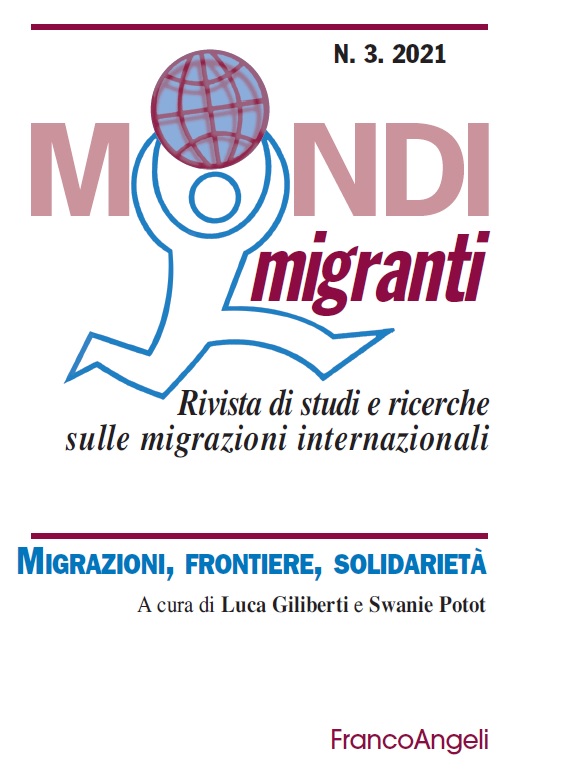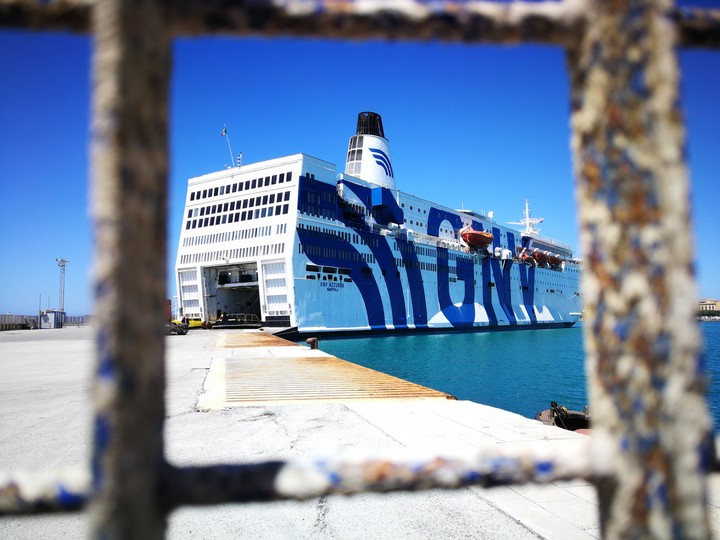“Si la terre tourne, tu tournes avec elle”. Una nuova produzione video/A new video production

Georges Kouagang è un collaboratore del Laboratorio di Sociologia Visuale proveniente dal Camerun. Un richiedente asilo che è arrivato in Italia attraverso il Mediterraneo. Salvato da una nave dell’ONG “SOS Mediterranée” e sbarcato al porto di Pozzallo; trasferito, poi, a Genova, Georges dopo alcuni anni dal suo arrivo, ritorna in Sicilia insieme ad alcuni ricercatori del Laboratorio di Sociologia Visuale e, rivivendola, racconta la sua storia. La sua testimonianza è diventata “Si la terre tourne”: un nuovo documentario di Massimo Cannarella, basato su una ricerca di Luca Queirolo Palmas, Federico Rahola, Jacopo Anderlini e Luca Giliberti.
“Si la terre tourne, tu tournes avec elle” è disponibile al seguente link: https://www.youtube.com/watch?v=-PyyflsclNA
Georges Kouagang is from Cameroon and collaborates with the Visual Sociology Research Group. He is an asylum-seeker who arrived in Italy through the Mediterranean Sea. He has been rescued by a ship of the NGO “SOS Mediterranée”, then he landed at the port of Pozzallo. Subsequently he has been transferred to Genoa. After several years from his arrival in Italy, Georges returns to Sicily together with some researchers of the Visual Sociology Reseearch Group and, while re-experiencing it, he gives shape to his story. His account has become “Si la terre tourne”: a new documentary by Massimo Cannarella based on a research led by Luca Queirolo Palmas, Federico Rahola, Jacopo Anderlini, and Luca Giliberti.
“Si la terre tourne, tu tournes avec elle” is available at the following link: https://www.youtube.com/watch?v=-PyyflsclNA





